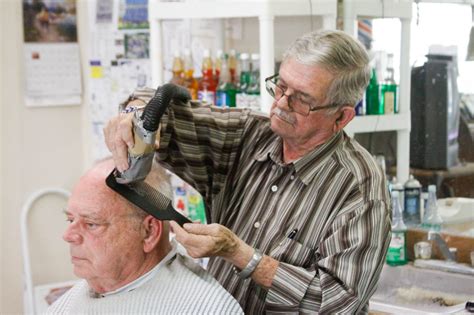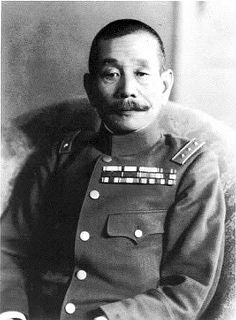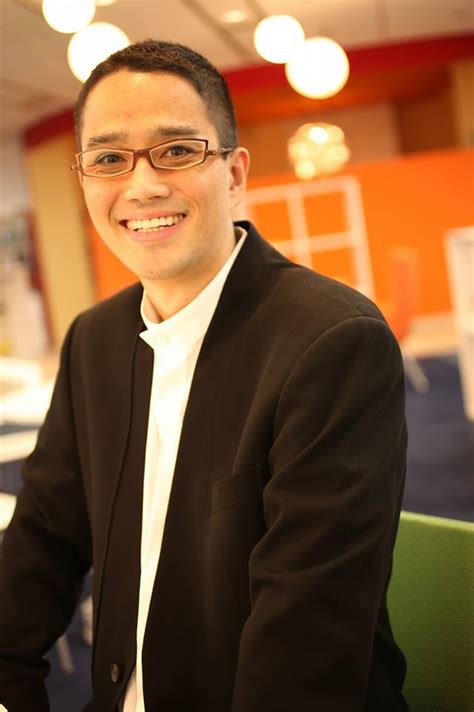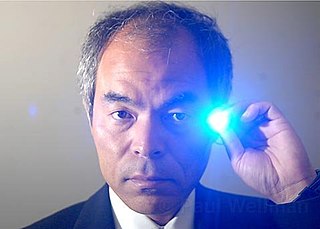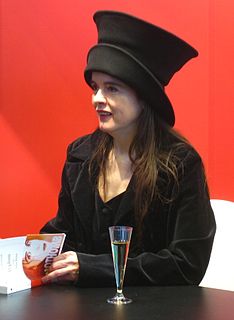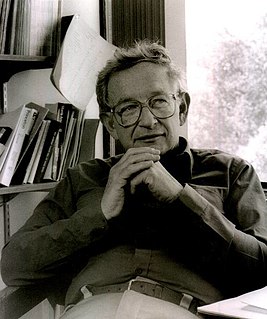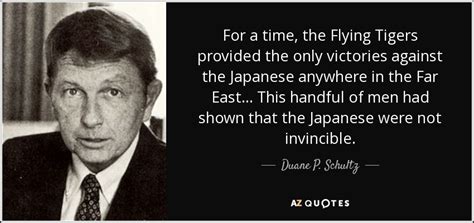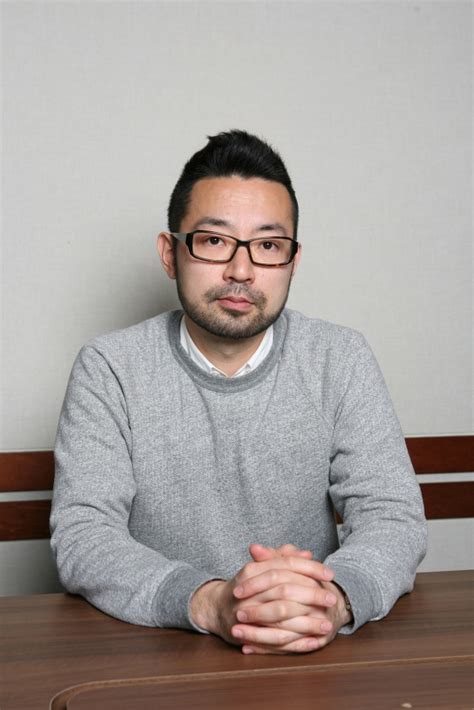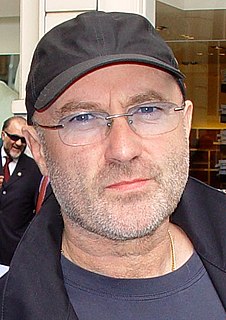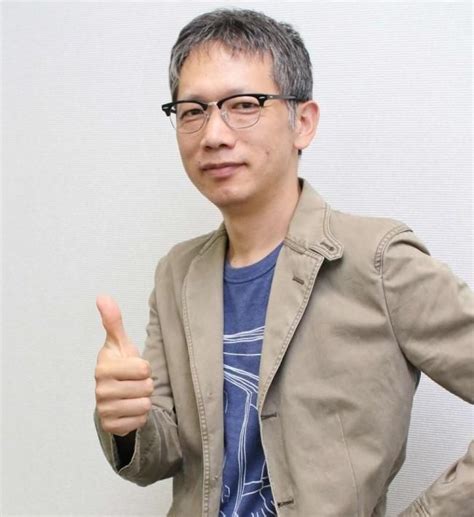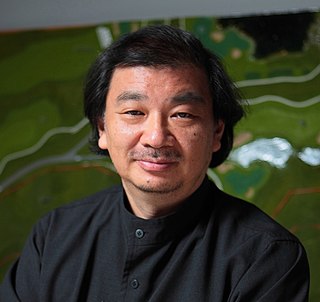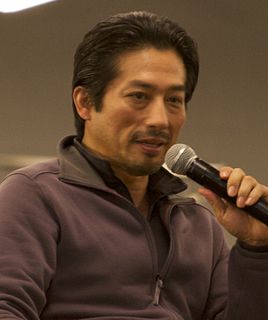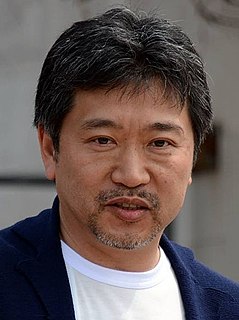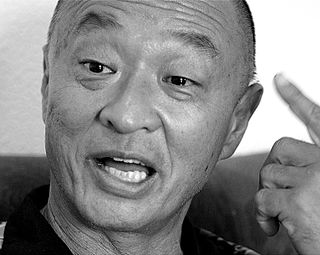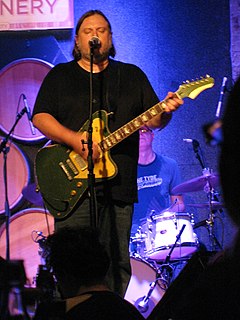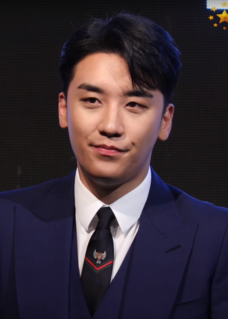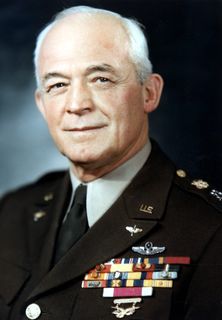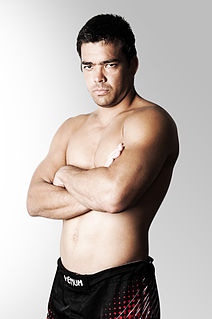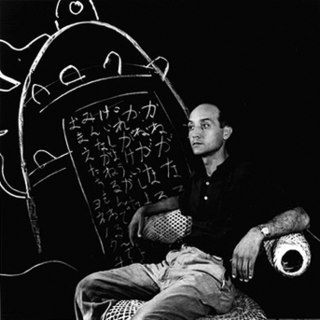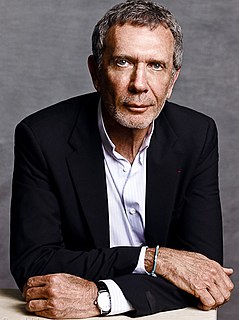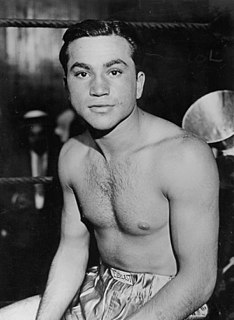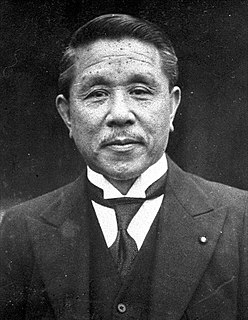Top 1200 Japanese Art Quotes & Sayings
Explore popular Japanese Art quotes.
Last updated on April 14, 2025.
What the art historians had forgotten is that in Chinese, Japanese, Persian, and Indian art, they never painted shadows. Why did they paint shadows in European art? Shadows are because of optics. Optics need shadows and strong light. Strong light makes the deepest shadows. It took me a few years to realize fully that the art historians didn't grasp that. There are a lot of interesting new things, ideas, pictures.
The Japanese garden is a very important tool in Japanese architectural design because, not only is a garden traditionally included in any house design, the garden itself also reflects a deeper set of cultural meanings and traditions. Whereas the English garden seeks to make only an aesthetic impression, the Japanese garden is both aesthetic and reflective. The most basic element of any Japanese garden design comes from the realization that every detail has a significant value.
The Japanese army is now prepared to use every means within its power to subdue its opponents. The objectives of the Japanese Expeditionary Forces are, as clearly set forth in statements issued by the Japanese Government, not only to protect the vested interests of Japan and the lives and property of the Japanese residents in the affected area, but also to scourge the Chinese Government and army who have een pursuing anti-foreign and anti-Japanese policies in collaboration with Communist influences.
As well as Japanese animation, technology has a huge influence on Japanese society, and also Japanese novels. It's because before, people tended to think that ideology or religion were the things that actually changed people, but it's been proven that that's not the case. Technology has been proven to be the thing that's actually changing people. So in that sense, it's become a theme in Japanese culture.
Traditional Chinese art looked at the Earth from a Confucian mountain top; Japanese art looked closely around screens; Italian Renaissance art surveyed conquered nature through the window or door-frame of a palace. For the Cro-Magnons, space is a metaphysical arena of continually intermittent appearances and disappearances.
It's pretentious to say, but my art is like a little Zen story, a story with a question mark at the end. People can take from it what they need. If somebody says, "Your art is very funny," I say, "You are totally right." If somebody says, "Your art is very sad," I say, "You are totally right." In Japan they say, "Your art is very Japanese, you even look Japanese.Your great-grandfather was most surely a Japanese man." And I say, "You are totally right."
It is sobering to recall that though the Japanese relocation program, carried through at such incalculable cost in misery and tragedy, was justified on the ground that the Japanese were potentially disloyal, the record does not disclose a single case of Japanese disloyalty or sabotage during the whole war.
Many Japanese families moved to Taiwan during the occupation. Then, when the war ended, they were forced to move back. And at the macro level, the Taiwanese had every reason to cheer when the Japanese left. The Japanese military could often be incredibly brutal. The Taiwanese lived as second-class citizens on their own land.
They didn't incarcerate the Japanese-Americans in Hawaii. That's the place that was bombed. But the Japanese-American population was about 45 percent of the island of Hawaii. And if they extracted those Japanese-Americans, the economy would have collapsed. But on the mainland, we were thinly spread out up and down the West Coast.
Keanu Reeves learned a lot, respecting the culture. I was surprised when I first met him. He knew a lot already and he learned a lot. And also he learned Japanese. It's incredible. On the set, switching between the Japanese and English, even for us, is very hard. It's complicated. But the first time Keanu spoke in Japanese it was a very important scene between us, and more than the dialogue's meaning, I was moved. His energy for the film, completely perfect Japanese pronunciation. It was moving, surprising, respecting.
Playing Japanese characters and being in environments that are Japanese, like a character's apartment or whatever, if you have directors or art directors who just don't know what' s what with Japanese culture, then pretty soon something's just passed through. I've been through many times where I've pointed out the incorrectness of so much of what's been done to a set.
We made our debut in Japan about few years ago and when we went on a morning show there to promote our album, I did a brief interview in Japanese using simple expressions such as "Yoroshiku onegaishimasu." But one of the members of our group said, "Stay quiet if you can't speak Japanese! It's embarrassing!" So that's when I told myself that I'd show how good I am by studying Japanese hard.
Karate is my main martial art; that is what I train in every day. It has always been in my life. Sumo is another Japanese martial art that I got into at an early age. It is something that has helped and added to my overall stance and is a good base. It is not something I necessarily use in all my fights, though.
I investigated reported Japanese atrocities committed by the Japanese Army in Nanking and elsewhere. Verbal accounts of reliable eyewitnesses and letters from individuals whose credibility is beyond question afford convincing proof that the Japanese Army behaved and is continuing to behave in a fashion reminiscent of Attila and his Huns. Not less than 300,000 Chinese civilians were slaughtered, many in cold blood.






